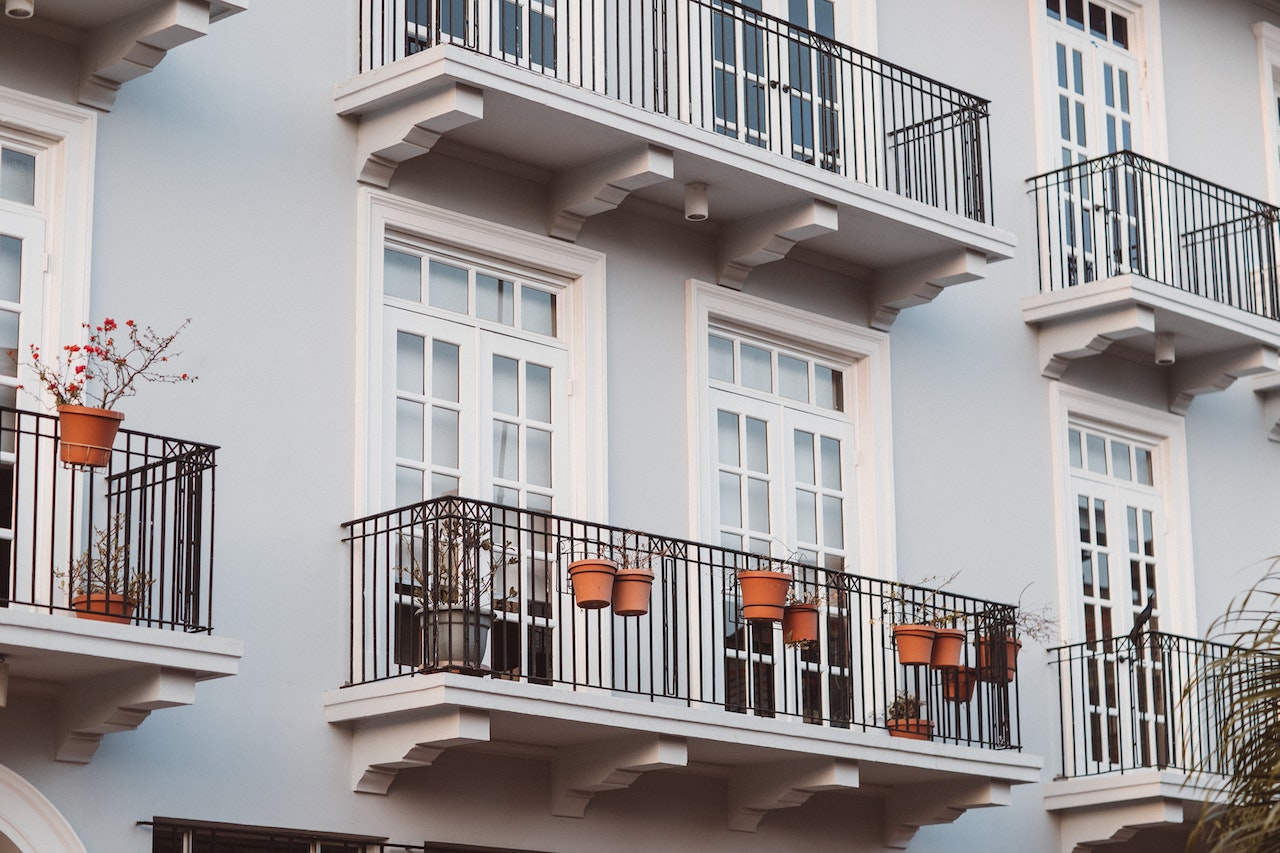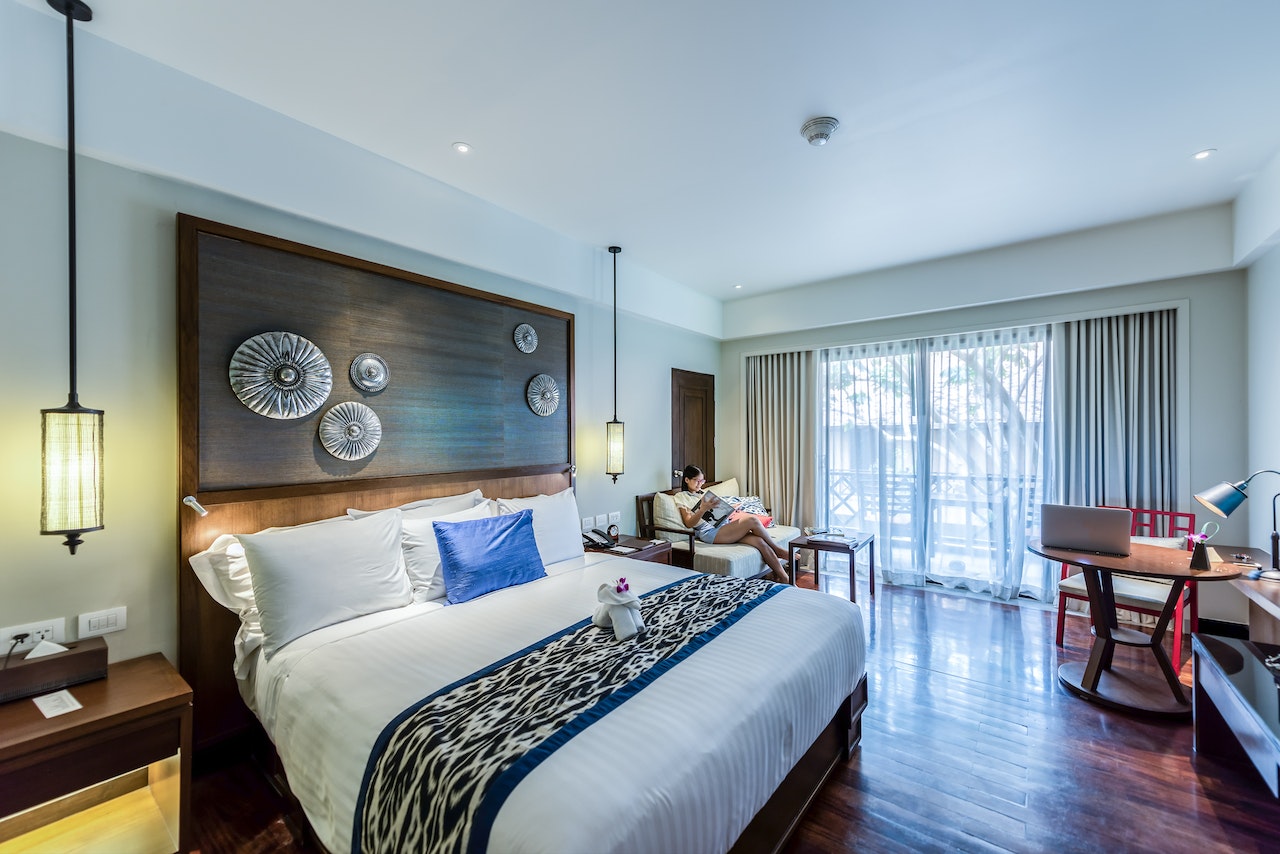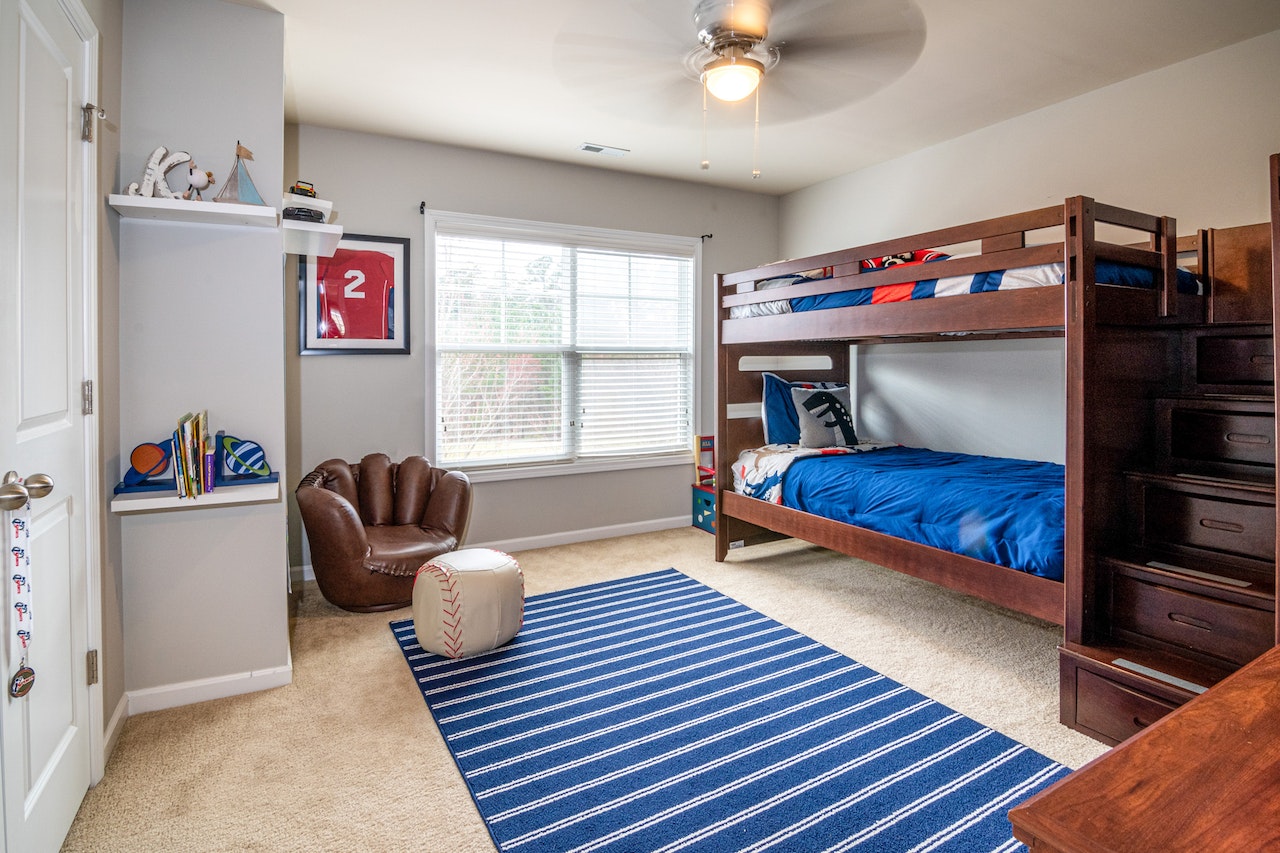Have you ever pondered the myriad of risks that lurk behind the daily operations of a bustling hotel? From a minor slip in the bathroom to a significant security breach, the hospitality industry brims with unforeseen challenges that demand immediate attention. But the question remains: Are you, as a hotel or property manager, adequately prepared to tackle these uncertainties?
In the dynamic landscape of hospitality, risk management isn’t just a fancy term. It’s the foundation that ensures a seamless guest experience, and it’s an integral armor shielding the business from unforeseen adversities. The reality is, even one unresolved risk can tarnish a property’s reputation, which could have taken decades to build.
Understanding the Spectrum of Risks
Hotels, due to their very nature, are complex ecosystems. Each department, whether it’s housekeeping, food and beverage, or front office, intertwines in a dance of operations. But as these departments glide together, they also bring forth a bouquet of risks.
A study highlighted in Emerald Insight reviews current research on risk, crisis, and disaster management in hospitality and tourism, underscoring that most research in this area has focused on crises. The study suggests a need for more attention to planning and preparedness, not just response and recovery. It also calls for future research to focus more on hospitality rather than just tourism and to include studies beyond the micro-organizational level, encompassing meso- and macro-level studies
Physical Risks:
Did you know that slips, trips, and falls constitute a large portion of injuries in hotels? These seemingly minor accidents can escalate into severe liabilities. Think about wet floors, loose carpeting, or malfunctioning elevators. Recognizing these dangers is the first step to mitigating them.
Operational Risks:
How often do you audit your internal processes? Operational risks arise from internal failures. These can range from a breakdown in routine processes to employee errors or system failures. Ensuring that operations run seamlessly is more than just about guest satisfaction; it’s about risk reduction.
Reputational Risks:
In an era where a single review can make or break your establishment, how prepared are you to handle online criticism? While guest feedback is invaluable, negative experiences that go viral can pose significant threats to a hotel’s reputation.
The Role of a Hotel and Property Manager in Risk Management
As a manager, your responsibilities are vast. You’re not just orchestrating daily operations; you’re foreseeing potential threats and crafting strategies to counteract them. So, how can you excel in this role?
Proactive Planning:
Do you wait for risks to emerge, or do you anticipate them? The hallmark of an efficient manager is proactive planning. By forecasting potential risks and implementing measures in advance, you’re not only securing your property but also ensuring uninterrupted guest experiences.
Continuous Learning:
The hospitality industry is ever-evolving. From technology advancements to changing guest preferences, the sector morphs constantly. How often do you update yourself and your team? Encouraging continuous learning can help you stay abreast of industry standards and best practices.
Effective Communication:
How efficiently do you communicate potential risks to your team? An informed team is an empowered one. Regular risk assessment meetings and training can aid in equipping staff with the tools and knowledge they need.
Risk management in the hospitality industry is a journey, not a destination. As managers, the onus falls upon us to ensure that our properties are not only compliant but also adaptable to the changing dynamics of the industry. After all, isn’t an ounce of prevention worth a pound of cure?
Insurance for hospitality industry:

Have you ever considered what stands between a potential lawsuit and the assets you’ve painstakingly built over the years? Or how you would financially navigate through a natural disaster’s aftermath that wreaks havoc on your property? Insurance, in the hospitality industry, isn’t just a compliance necessity – it’s a safeguard against the unpredictable tides of business operations. In essence, it’s your business’s safety net.
Different Types of Insurance for the Hospitality Sector
The hospitality industry is vast, and so are the risks associated with it. Therefore, a myriad of insurance options exist to cater to these specific challenges. Which ones should be on your radar?
1. General Liability Insurance:
This should be a cornerstone in your insurance portfolio. It protects your establishment against claims from guests or third parties for bodily injuries, property damages, and even advertising injuries.
2. Property Insurance:
Catastrophes like fires, storms, or vandalism can bring operations to a standstill. Property insurance ensures that you have the financial backing to rebuild and recover. More than just covering the physical building, this insurance can extend to furniture, equipment, and even lost income during downtime.
3. Workers’ Compensation:
Do you value the well-being of your employees? Worker’s compensation not only covers medical expenses and wage replacement if an employee gets injured on the job, but it also protects you from potential lawsuits arising from such incidents.
4. Business Interruption Insurance:
Imagine a scenario where your hotel is temporarily un-operable due to unforeseen events. How would you manage fixed costs? This insurance compensates for lost income and operating expenses during such downtimes.
5. Cyber Liability Insurance:
In a digitized age, are you protected against cyber threats? Given the amount of personal and financial data hotels handle, breaches can lead to significant financial and reputational losses. Cyber liability insurance offers protection against such events.
6. Liquor Liability Insurance:
If your hotel operates a bar or serves alcohol, this insurance is paramount. It protects against claims arising from damages or injuries caused by intoxicated guests.
Choosing the Right Insurance for Your Hotel
Insurance isn’t a one-size-fits-all solution, especially in the diversified world of hospitality. The right coverage depends on multiple factors: the size of your establishment, location, services offered, and even guest demographics.
So, how can you ensure you’re making informed decisions?
1. Regular Risk Assessments:
Before diving into insurance policies, understand the specific risks your hotel faces. Regular risk assessments can provide a clear picture, allowing you to prioritize coverages.
2. Collaborate with Industry Experts:
Insurance is a complex arena. Collaborating with experts or brokers who specialize in the hospitality sector can offer invaluable insights and recommendations tailored to your needs.
3. Regularly Review and Update Policies:
As your hotel evolves, so do the associated risks. Annual reviews of your insurance portfolio ensure you’re adequately protected and not overpaying for unnecessary coverages.
Insurance, in the hospitality sector, is not an area to skimp on. It’s the financial armor that stands strong during challenges, allowing you to focus on what you do best: providing exceptional guest experiences. In the subsequent sections, we will delve into crafting a comprehensive risk management strategy that synergizes with your insurance protections, creating a robust safety net for your establishment.
Hospitality liability insurance:
While the hospitality industry thrives on making guests feel at home, behind this facade of comfort lies an intricate web of risks. One adverse incident, whether it’s a minor slip in the lobby or a more complex issue like a guest’s health concern due to a facility, can snowball into legal implications. This is where hospitality liability insurance enters the narrative. But what exactly does it encompass?

Hospitality liability insurance serves as a protective layer against claims made by guests or third parties, safeguarding the financial stability of your business. It’s not merely a transaction; it’s a commitment to the reputation and longevity of your establishment.
Key Components of Hospitality Liability Insurance
1. General Liability:
This insurance covers a broad spectrum of potential issues. Think about a guest tripping over a misplaced piece of furniture or sustaining an injury in the swimming pool. General liability addresses such incidents, ensuring claims related to bodily injuries or property damages don’t deplete your finances.
2. Professional Liability:
Ever considered the implications if a guest alleges they suffered due to your staff’s negligence or malpractice? For instance, if a guest falls ill after a spa treatment or claims misinformation by the concierge led to financial losses. Professional liability covers the legal and compensatory costs of such claims.
3. Product Liability:
Serving food and beverages is intrinsic to hospitality. But what if a guest alleges food poisoning? Product liability offers protection against claims arising from the products you serve or sell.
4. Employment Practices Liability:
The hospitality sector is bustling with staff interactions. Claims related to sexual harassment, discrimination, wrongful termination, or other employment-related disputes fall under this umbrella.
Fine-Tuning Your Liability Insurance Coverage
While understanding the types of coverage is pivotal, knowing how to tailor them to your specific needs is equally significant. So, how can you ensure optimal protection?
1. Risk Profile Analysis:
Before diving into policy particulars, assess your hotel’s unique risk profile. Does your hotel host large events, thus increasing the risk of incidents? Or perhaps your location in a bustling city center elevates certain liabilities. By pinpointing specific risks, you can align your coverage accurately.
2. Policy Limit Considerations:
It’s tempting to minimize premiums by opting for lower policy limits. However, this could be a financial misstep. Ensure your policy limits reflect the scale and scope of potential claims.
3. Guest-Centric Approach:
The essence of hospitality revolves around guest experiences. Understand their demographics and preferences. For instance, if you cater to a lot of families, your risk of minor accidents might increase. Adjust your insurance portfolio accordingly.
4. Frequent Re-evaluation:
The dynamic nature of the hospitality sector mandates periodic insurance assessments. With changing services, renovations, or expansions, your liability profile might evolve. Regularly updating your coverage ensures continuous protection.
Concluding Thoughts
In the bustling arena of hospitality, where every detail contributes to guest experiences, it’s imperative not to overlook the shadows of potential liabilities. Hospitality liability insurance isn’t just about financial protection; it’s a testament to your commitment to guest safety and business longevity. As we delve deeper in subsequent sections, we will explore how to integrate liability insurance seamlessly into a holistic risk management framework.




























